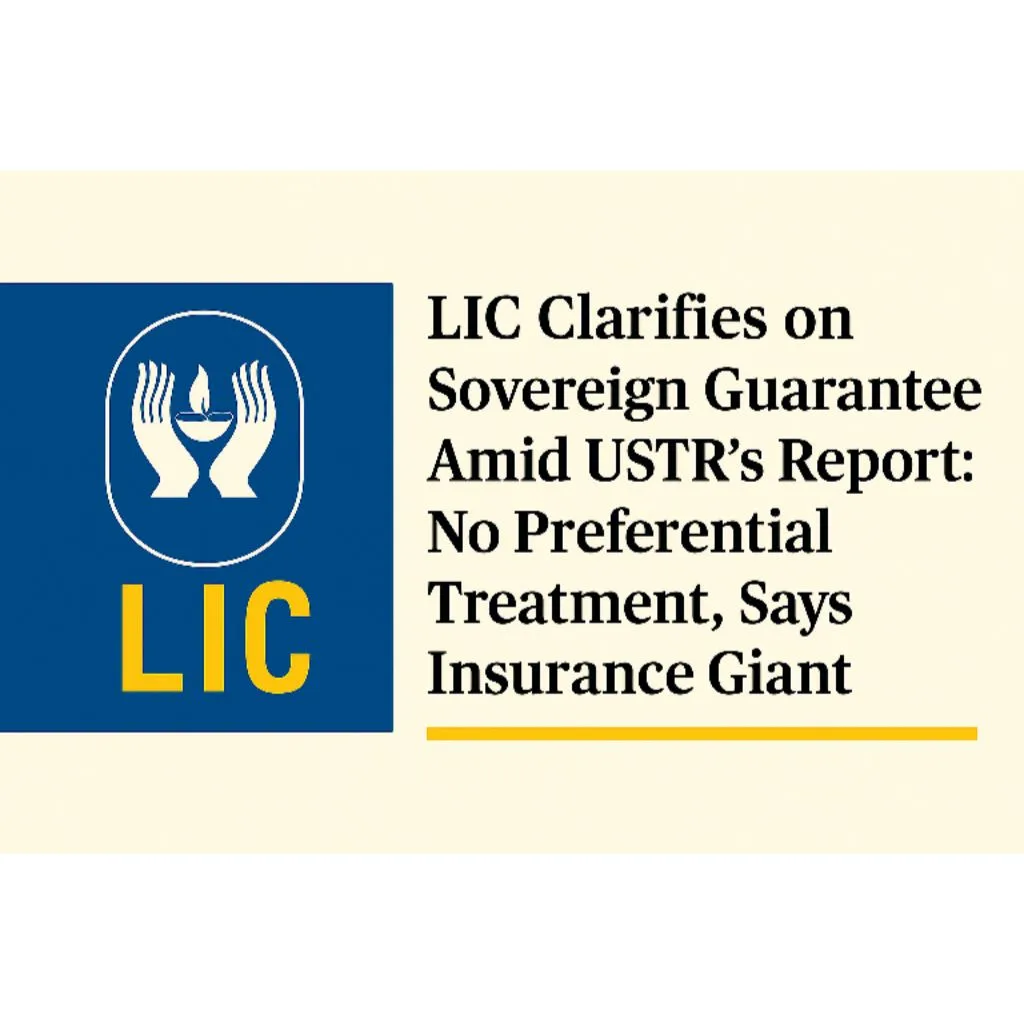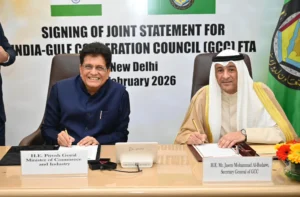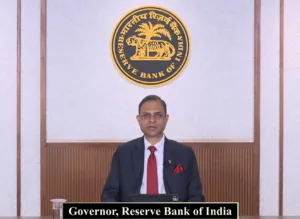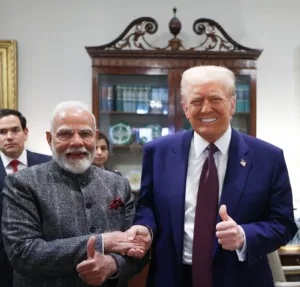LIC Responds to USTR Allegations on Government-Backed Advantage
The Life Insurance Corporation of India (LIC) has issued an official clarification denying any form of preferential treatment from the Indian government or regulatory authorities. This comes in response to a recent report by the United States Trade Representative (USTR), which raised concerns about a perceived “unlevel playing field” in India’s insurance sector.
According to the USTR report, LIC benefits from an explicit sovereign guarantee provided by the Indian government on all of its policies, which allegedly gives it an unfair competitive edge over private insurers. However, LIC firmly rejected these claims, stating that it operates under the same regulatory environment as any other life insurance company in India.
What Did the USTR Report Say?
USTR’s 2025 National Trade Estimate Report on Foreign Trade Barriers raised concerns over state-backed advantages in India’s insurance sector, specifically alleging that LIC benefits from an unfair competitive edge in the market.
> “India maintains an unlevel playing field in the insurance market. State-owned companies are not subject to the same law and prudential supervision as private firms and enjoy various guarantees from the government. Currently, the Indian Government maintains an explicit sovereign guarantee on every LIC policy. As a result, many customers choose to buy LIC policies over those offered by private insurers, giving LIC an unfair competitive advantage.”
The report also mentioned that the sovereign guarantee impacts consumer choice by instilling higher confidence in LIC policies, compared to those of private competitors.
LIC’s Clarification: Guarantee Is a Legacy Provision
LIC, in a public statement, clarified that the sovereign guarantee is a statutory legacy dating back to 1956 when the company was established. It was introduced to instill trust and build public confidence during the early days of nationalisation.
Key Points from LIC’s Response:
No Special Treatment: LIC emphasized that it does not receive any special regulatory or governmental treatment.
Equal Regulation: It operates under the same rules and is monitored by the Insurance Regulatory and Development Authority of India (IRDAI) and the Securities and Exchange Board of India (SEBI).
Market Competition: For the past 25 years, LIC has competed in an open market alongside 24 private life insurance firms.
Sovereign Guarantee Not Misused: The guarantee has never been used as a marketing tool or to derive an unfair business advantage.
Insurance Sector in India: A Competitive Landscape
India’s insurance market has significantly evolved over the past two decades. With over two dozen private players, the sector is no longer monopolized by LIC. The market is governed by strict regulations to ensure fairness, transparency, and consumer protection.
The sovereign guarantee attached to LIC’s policies, although still legally valid, has become more symbolic than functional. It has never been invoked and remains a legacy provision rather than a practical business tool.
Foreign Investment in India’s Insurance Sector
Key Developments in FDI Policy:
India’s Foreign Direct Investment (FDI) policy in the insurance sector has undergone significant liberalization in recent years:
In March 2021, the Insurance (Amendment) Bill was passed, increasing the FDI cap from 49% to 74%.
The government has further proposed increasing the FDI cap to 100%, showing its intent to make the sector more accessible to global investors.
However, the USTR report expressed concerns over certain safeguards that still exist:
A majority of board members in foreign-invested insurers must be Indian residents.
Insurers incorporated outside India are required to maintain higher solvency margins, which may restrict operational flexibility.
These regulatory frameworks are intended to protect policyholders and national interests while ensuring healthy competition in the sector.
Conclusion: LIC Maintains Equal Footing, Says Corporation
While the USTR has raised a debate around legacy provisions and consumer perception, LIC’s official stance reiterates that it functions under the same conditions as private insurers. The sovereign guarantee, although still in place legally, holds no real influence in today’s competitive insurance market, LIC asserts.
As India continues to open up its insurance sector to foreign players, balancing investor confidence, consumer trust, and regulatory fairness remains a priority. The government’s commitment to liberalization, along with equal treatment of state-run and private entities, will play a crucial role in shaping the future of the insurance landscape in India.
Bringing you the latest updates on finance, economies, stocks, bonds, and more. Stay informed with timely insights.

























Be First to Comment